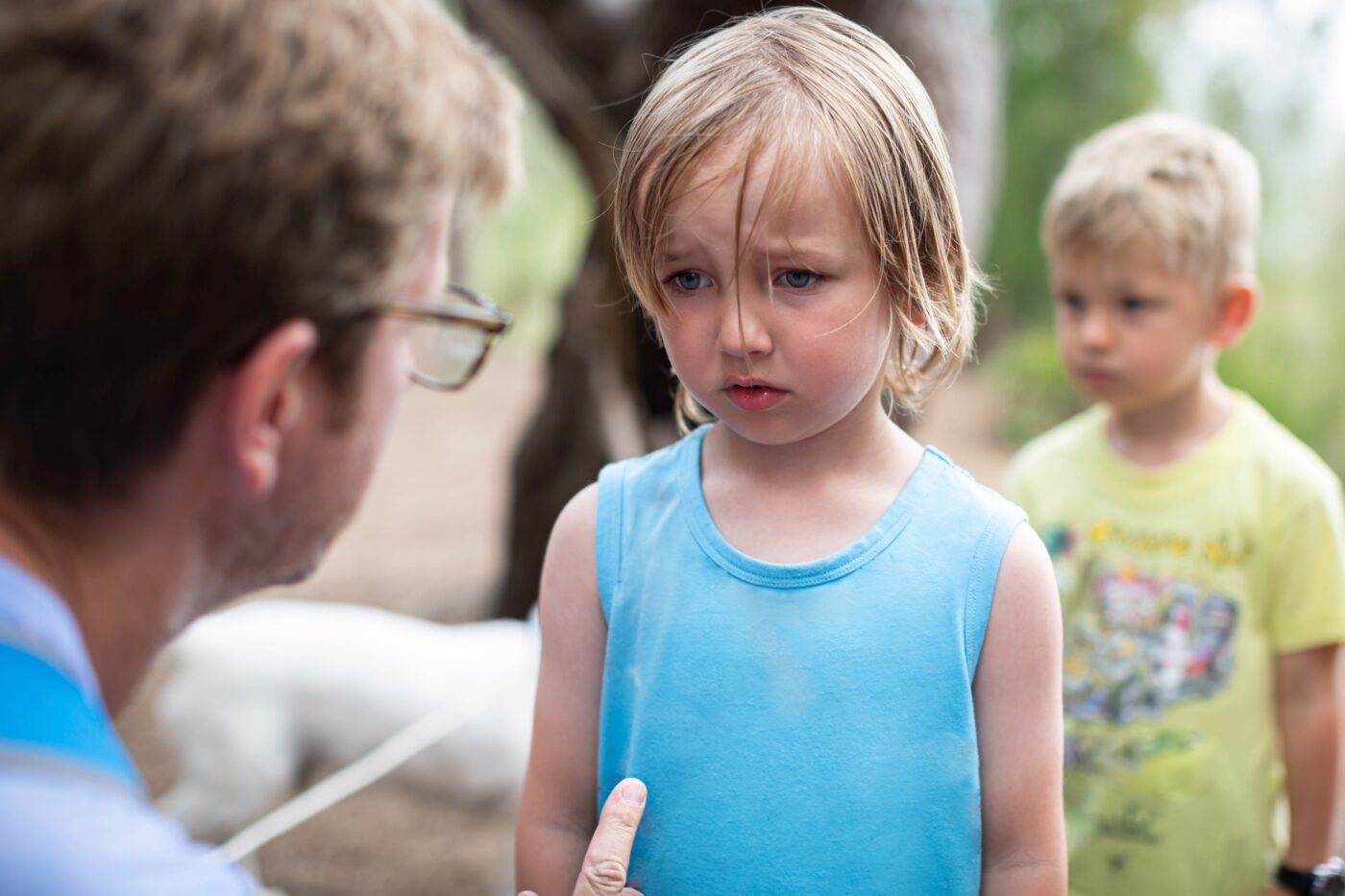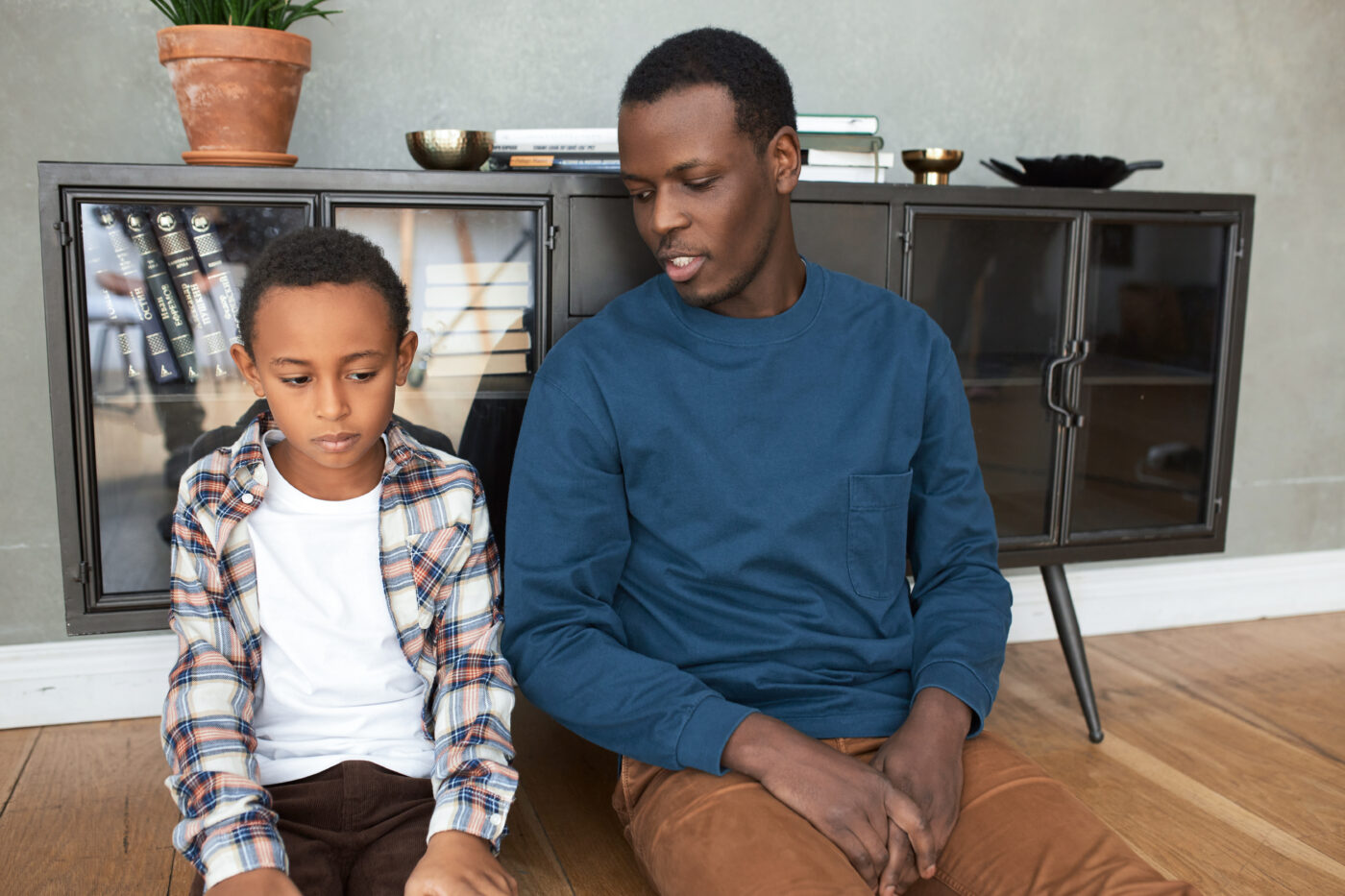This weekend, I learned a powerful message about forgiving others from Eva Mozes Kor. She and her twin sister survived Auschwitz after being experimented on by the Nazi doctor Josef Mengele. For years, she spoke publicly about her Holocaust experience, and the more she spoke, the more she felt her anger grow.
In 1995, after 50 years of holding onto that anger, she chose to forgive her persecutors. She’s now known for her message about forgiving others. One of her oft quoted statements is, “I didn’t forgive the Nazis because they deserve it. They don’t. I forgave them because I deserve it.” It took time and a series of events for Eva to know she was ready to forgive. How about you? Are you ready? Here are 5 ways to know.
1. You can identify ways unforgiveness has hurt you.
Eva Mozes Kor discovered a fundamental truth about forgiveness that changed her life and can change yours. Forgiveness is less about the other person and more about you and your emotional freedom. Not forgiving others keeps you enslaved to the pain and anger you’re feeling and the actions of the other person.
Has unforgiveness caused you to become a negative person, act guarded in or reject new relationships, or use alcohol or drugs to numb the pain? Identifying how unforgiveness is working against you is a powerful step in choosing to forgive.
2. You can name something good that came from the pain.
Raise your hand if you went to a wedding in the early 2000s where the first dance was to the song “Bless the Broken Road” by Rascal Flatts. (You can’t see me, but I’m raising two hands.) Those couples swayed to the message we all need to embrace: Bad things might happen, but they don’t mark the end of our stories.
I think God has a way of taking our pain and making it good if we seek Him. That “good” for you might be a new, healthy relationship. Or maybe because of the way you were hurt, you decided to help others through their pain. Or maybe your struggle led you to take up an activity that led to new friends or a healthier lifestyle. When you can see good that’s come from the pain, it’s a sign you could be ready to forgive.
3. You want to look forward, not back.
At my friend’s engagement party, she said, “I’m so excited for a fresh start. I don’t want to dwell on the past anymore.” She’d gone through a messy divorce 10 years earlier, got counseling, and learned from her mistakes. She realized her last marriage was no longer where she wanted to put her energy. She said, “I needed to let go of that story so I could live again.” I couldn’t help but smile and feel excited for her.
Want to look forward instead of back? Ask yourself these questions: What’s one way I want to grow, and what step could I take that would lead to that growth? How do I feel when I look back, and do I want to continue to feel that way? What’s something good coming up that I can put effort into?
4. You can see where you may have been at fault.
“I have to own my part in this.” My friend was venting to me about a fight he got in with another guy that led to a lot of bitterness and tension between them. I couldn’t see how he was at fault, but in his self-awareness, he acknowledged he’d done something to contribute to the problem. I was really impressed.
Maybe you let hurtful behavior go on for too long or weren’t completely honest. When you can see your missteps and admit you also need forgiveness, it can make forgiving others and extending mercy easier. I know I’ve been forgiven countless times, and don’t know if I always deserved to be forgiven. Who am I to withhold something that’s been graciously given to me?
5. You want to be ready to forgive.
Being “ready” is something you might never feel. It’s a bit of a moving target, but wanting to want to forgive is a sign your heart could be ready to take that step.
I’m ashamed to say this, but one of the types of prayers God hears from me most often is “Give me the desire to _____.” I often ask God to help me want to do the things I know I ought to do. Give me the desire to help others because I’m feeling apathetic. Give me the desire to read my Bible because I’m distracted. Give me the desire to forgive, because right now, I’m not feeling it.
Still not ready?
What’s holding you back from taking the next step? Try picturing yourself walking a mile with a heavy boulder. Now, set it down and keep walking. How does your posture and pace change? If imagining putting down that burden brings you a feeling of lightness, you might realize you’re actually more ready to forgive than you thought.
Sound off: What’s a step you think you could take to be closer to forgiving others?











Huddle up with your kids and ask, “Why is it important to forgive people?”